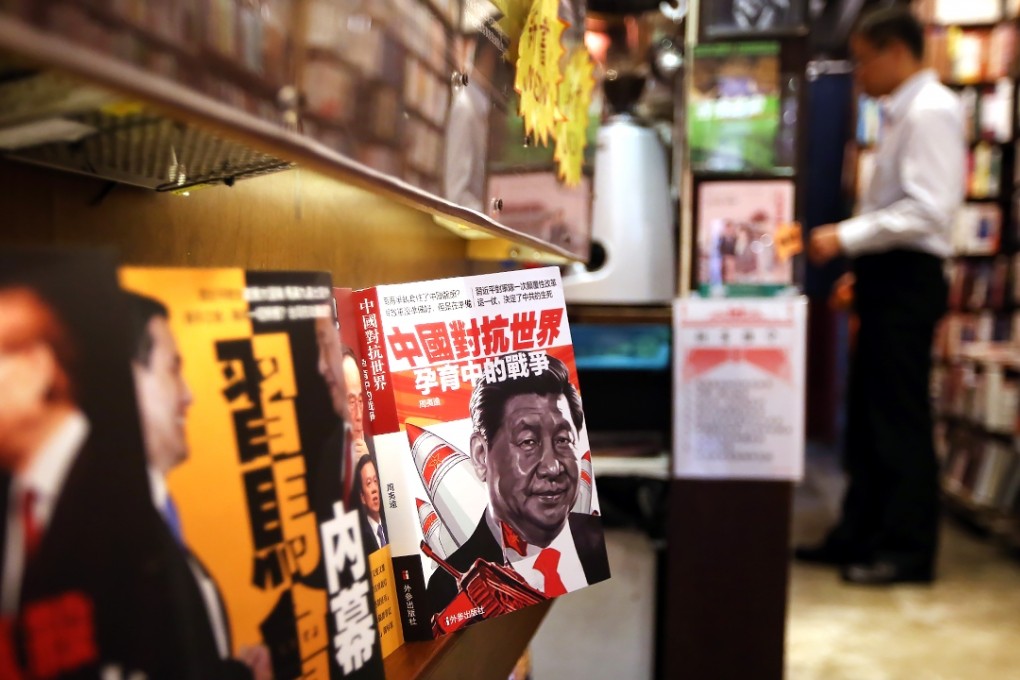Final chapter for Hong Kong’s trade in banned books?
Disappearance of bookseller could rattle the city’s tradition of publishing books critical of the Chinese Communist Party

The disappearance of a Hong Kong bookseller could rattle the city’s tradition of publishing books critical of the Chinese Communist Party, local publishers fear.
They say the psychological impact will loom large on publishing strategy, but the effect will not be immediately felt as controversial titles will stay on the shelves.
“Those who came up with the idea of detaining publishers of controversial books are silly and childish,” says local publisher and author Wong Heung-ming, of Lee Bo, owner of Causeway Bay Books, whose whereabouts are unknown. The 65-year-old was last seen on Wednesday at the Chai Wan warehouse of Mighty Current, the company that owns his store.
“The act is likely to backfire as it will draw more defiance that at the end produces books that will unfold the truth,” Wong adds.
From the Cultural Revolution to the Tiananmen crackdown, Hong Kong has been a haven for supplying the world with non-official information on the mainland.
“We offer a mix of books on China, from newsy topics to academic volumes – the business has been good,” says Ngan Shun-kau, former chief editor and now senior adviser to Cosmos Books.